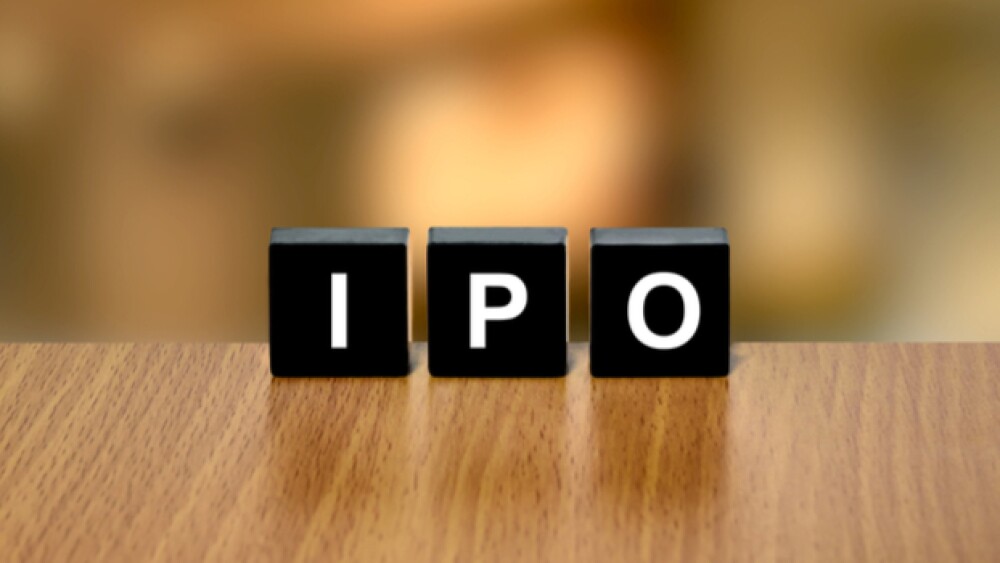Numerous biotech companies had filed for initial public offerings (IPOs) during the five-week government shutdown, but were unlikely to actually be able to be listed until the U.S. Securities and Exchange Commission (SEC) had a chance to review their filings.
Apparently blinking in his stare-down with Speaker of the House Nancy Pelosi, President Donald Trump capitulated and agreed to open the federal government for at least three weeks. Numerous biotech companies had filed for initial public offerings (IPOs) during the five-week government shutdown but were unlikely to actually be able to be listed until the U.S. Securities and Exchange Commission (SEC) had a chance to review their filings.
In now appears that these companies will have a three-week window, at least, to launch their IPOs. But Trump only signed a continuing resolution to reopen the government for three weeks while the White House negotiates with Congress over the budget. Although shutting the government back down in three weeks would be extremely unpopular with the public and Congress, both Democrats and Republicans, Trump has suggested if he doesn’t get funding for his border wall, he will shut the government down again.
CNBC notes, “The short-term deal to reopen the federal government could provide a crucial window for biotech firms which have filed to go public—a process that has been stymied by the shutdown at the Securities and Exchange Commission—and for more established drugmakers which faced potential headwinds getting drug approvals at the Food and Drug Administration (FDA).”
Approximately a dozen biotech companies filed for IPOs in December. One, Gossamer Bio, late last week, filed an S-1 registration statement with the SEC, saying it will offer 14,375,000 shares of its common stock at an IPO price of $16 per share. It also said it would grant underwriters a 30-day option to purchase up to an additional 2,156,250 shares of common stock. This would allow the company to raise $264.5 million from the IPO.
Essentially, Gossamer was using a loophole to get around the IPO delays caused by the shutdown, allowing it to skip a review by the SEC, announce its IPO price and wait 20 days. Of course, the shutdown was resolved two days later, although the new deadline is Feb. 12, three days before Trump might shut the government down again.
“Now that the SEC is open for the next several weeks, [Gossamer] will be in discussions with the SEC about moving forward sooner than the 20-day route,” Kathleen Smith, co-founder and principal of IPO research firm Renaissance Capital, told CNBC. Smith also thought it likely Gossamer will price its IPO via the traditional route in the next week.
If Gossamer Bio waits to go public after Feb. 14, it will have to restate its financials to include the 2018 full-year results, which would likely add several months’ delay to its IPO.
Smith said, “There’s going to be a rush to get out of the door,” for any companies in the IPO pipeline. “This may turn the market into a buyer’s market more than a seller’s market. That may very well be good for investors.”
The FDA, on the other hand, was continuing to review drug approvals because that funding came from PDUFA user fees. Those were expected to last until February 17, or even possibly as long as February 28.
“For early-stage companies hoping to get their products into clinical testing … applications are (typically) reviewed within a 30-day window,” Karen Young, partner and pharmaceutical and life sciences leader at PwC told CNBC. “The shutdown could contribute to logistical issues for companies who still need to pay staff, manufacture drug products for testing, and recruit patients for their trials.”
No one seems to know exactly how the shutdown will affect regulatory approvals and filings, if it will at all, going forward. Prior to the reopening, Aimmune Therapeutics indicated the FDA wouldn’t start review of its peanut allergy treatment until the shutdown was over. Other companies, such as Celgene, Alder, Sage Therapeutics and Incyte have approvals expected in the first half of this year, but it’s not clear if the previous shutdown will cause delays as the agency gets back up to speed.
Brian Abrahams, an analyst with RBC, told CNBC, “If one assumes this was just a temporary shutdown … one wouldn’t expect residual backlog and delays … beyond one month. The FDA is an increasingly efficient and well-run organization these days, with strong and communicative leadership.”
Of course, if Trump shuts the government down again, all bets are off and predicting how it would affect these issues becomes even less clear.





